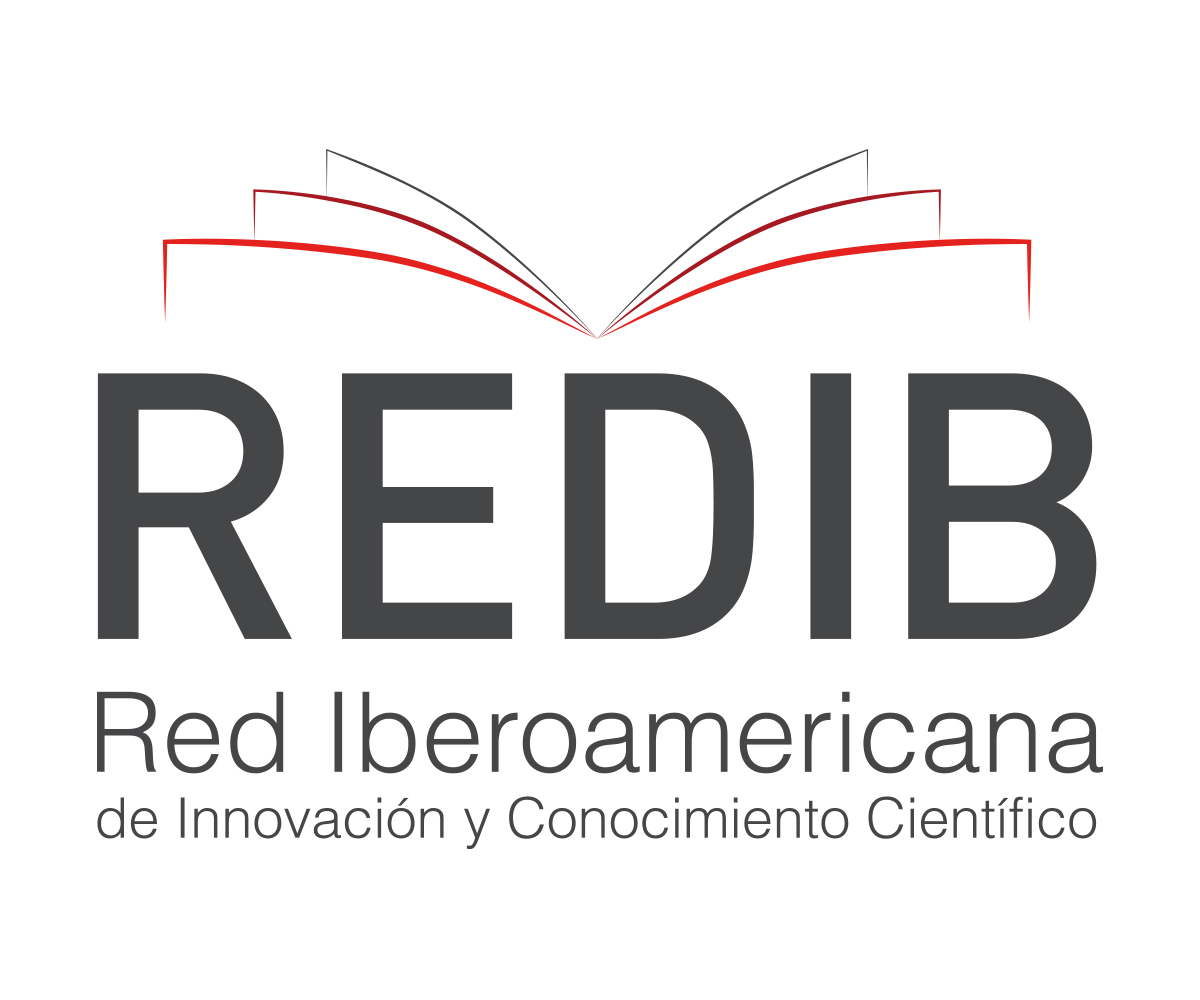Validity of a habitus model of coffee entrepreneurship
DOI:
https://doi.org/10.47666/summa.3.1.02Palabras clave:
aculturación, cultivo de café, habitus, interculturalismo, multiculturalismoResumen
El habitus cafetero emprendedor, emergente en un contexto de interrelación cultural, supone el advenimiento de un proceso de desarrollo local centrado en la gestión, producción y transferencia de conocimiento. El objetivo de este trabajo se refiere al establecimiento de un instrumento y modelo para el estudio del fenómeno. Se realizó un trabajo no experimental, transversal y exploratorio con 90 cafetaleros. De un modelo estructural ⌠X 2 = 124.24 (22gl) p = 0.010; GFI = 0,995; CFI = 0,970; RMSEA = 0,008⌡ se observó que el habitus vertical reflejaba el factor emprendedor del cultivo del café (0,41) con respecto al habitus horizontal, heredado y aprendido. En referencia al tipo de estudio, selección de la muestra y análisis estadístico, se discuten los límites y alcances del trabajo, sugiriendo su extensión a otros contextos y diferentes muestras de estudio.
Descargas
Citas
Carreón, J.; Hernández, J. & García, C. (2015). Immigration identity in setting the agenda. Dialogues of Law and Politics, 16 (7), 69-87.
Carreón, J.; Hernández, J.; Bustos, J. & García, C. (2017). Business promotion policies and their effects on risk perceptions in coffee growers in Xilitla, San Luis Potosí, central Mexico. Poiesis , 32, 33-51.
Carreón, J.; Morales, M.; Rivera, B.; García, C. & Hernández, J. (2014). Migrant and merchant entrepreneurship: State of knowledge. Tlatemoani, 15, 1-30.
Fuentes, F. & Sánchez, S. (2010). Analysis of the entrepreneurial profile: A gender perspective. Applied Economics Studies, 28 (3), 1-28.
García, C. (2017). Specification of a model of local entrepreneurship in migratory flows of return to the community of origin. Passages, 5, 26-39.
García, C.; Carreón, J.; Hernández, J.; Aguilar, A.; Rosas, F. & Bustos, J. (2015). Reliability differences in the face of risk, uncertainty and conflict between coffee growers in Xilitla, Mexico. Eureka, 12 (1), 73-93.
García, C.; Carreón, J.; Hernández, J.; Carbajal, C.; Quintero; M.; Sandoval, F. & Valdés, O. (2016). Incidence of micro-financing policies on the perception of coffee entrepreneurship and implications for Social Work. Equidad , 6, 11-36.
Gutiérrez, R. (2013). The linguistic dimension of international migrations. Languages and Migrations, 5 (2), 11-28.
Long, H. (2013). The relationships among learning orientation, market orientation, entrepreneurial orientation, and firm performance. Management Review, 20, 37-46.
Renteria, V. (2015). Socioeconomic overview of international migration originating in Latin America and the Caribbean: state of the question. Acta Universitaria, 25 (2), 40-50.
Rodríguez, A. (2009). New perspectives to understand business entrepreneurship. Thought and Management, 26, 94-119.
Yepes, I. (2014). Scenarios of Latin American migration: Transnational family life between Europe and Latin America. CEIC Papers, 107 (2), 1-27.
Yuangion, Y. (2011). The impact of strong ties on entrepreneurial intention. An empirical study based on the mediating role of self-efficacy. Journal Entrepreneurship, 3, 147-158.










.jpg)

.png)
.png)











